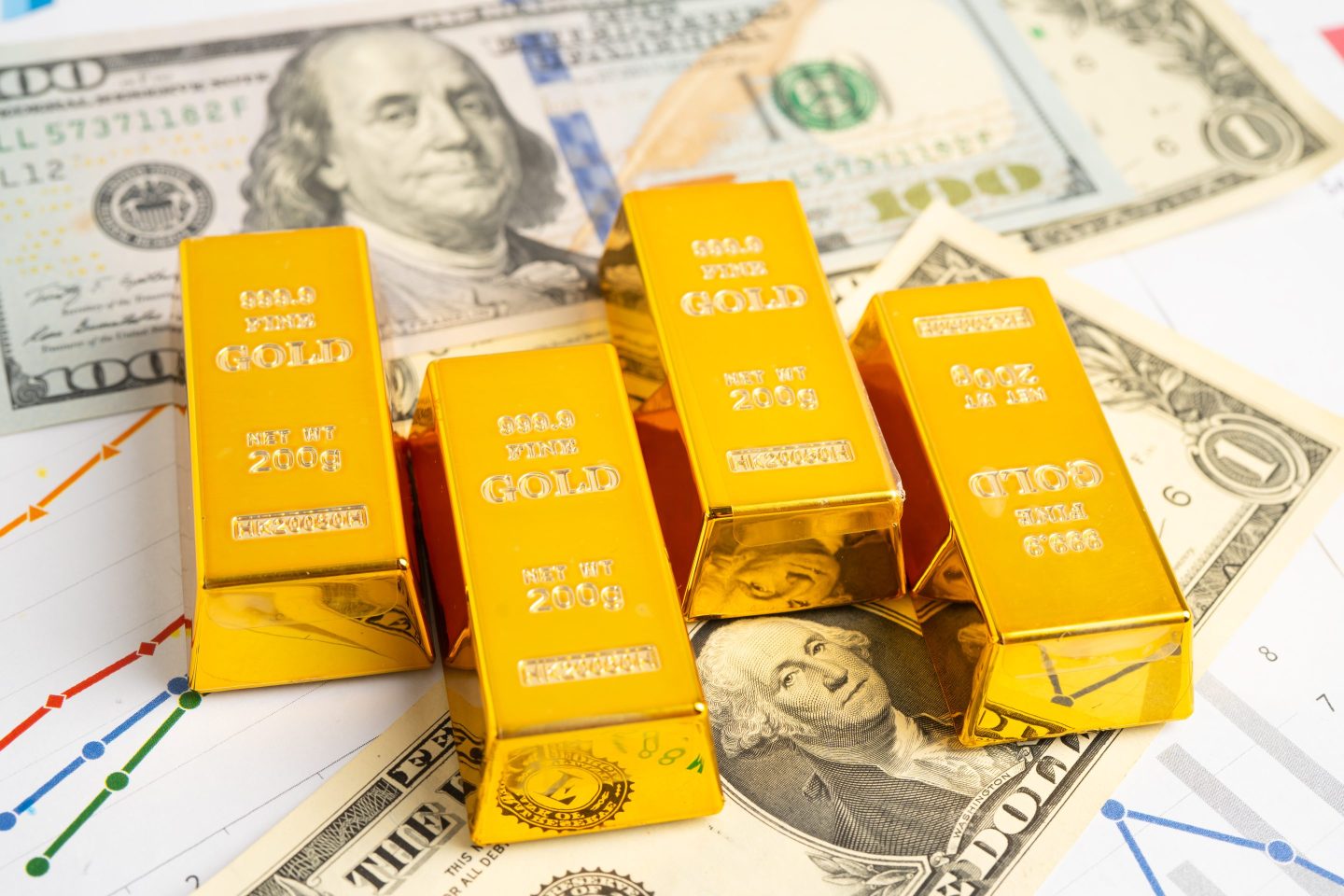Russia’s attack on Ukraine early Thursday morning sent global stocks reeling and the price of crude oil over the $100 mark. All major U.S. indexes plunged at the market’s open, and the Nasdaq index, which has been volatile for some time now, flirted with bear market territory.
Investor trepidation is natural in a time with this much uncertainty, but there can be some comfort in looking at how markets have handled other major geopolitical conflicts.
Historically, the markets have shaken their fears in a relatively short period after a contraction at the start of hostilities. A study by LPL Research found that between 1990 and 2020, the Dow Jones industrial average fell an average of 2% during 16 major events, including 9/11 and the Gulf War.
And even going as far back as World War II, things weren’t as bleak as they seemed for traders.
“A review of 20 major geopolitical events dating all the way back to World War II showed stocks had fully recovered losses within an average of 47 trading days after an average maximum drawdown of 5%,” the study found.
Russia’s invasion of Ukraine is different than other recent events, of course. A superpower invading a neighbor in Europe and Vladimir Putin making aggressive comments such as, “Anyone who tries to interfere with us…must know that Russia’s response will be immediate and will lead you to such consequences as you have never before experienced in your history,” are a bit different than the Iraq War.
That said, here’s how markets have reacted to past conflicts:
World War I
The Dow fell more than 30% and markets were closed for six months. When they reopened, the Dow rose more than 88% in 1915. From the start of the war in 1914 until it ended in late 1918, the Dow gained over 43%—roughly 8.7% annually.
World War II
The Dow increased 10% on the first day of trading after Hitler invaded Poland in 1939. When the attack on Pearl Harbor occurred, stocks fell 2.9% but regained those losses in one month. From 1939 until the end of the war in late 1945, the Dow saw increases of 50%, more than 7% per year.
Cuban Missile Crisis
While many feared events in 1962 would lead to World War III, investors were rather zen. During the 13-day confrontation, the Dow lost just 1.2%—and it gained 10% during the remainder of the year.
9/11
Stocks tumbled nearly 15% in a matter of days following the terrorist attacks, hampered by an ongoing recession and the dotcom collapse. But within months, the market had regained those losses.
Iraq War
Stocks jumped 2.3% when the U.S. invaded Iraq in 2003. The markets were up 30% by the end of the year.
As any investment adviser will tell you, past performance is no guarantee of future results. But amid the current market hysteria, perspective can provide a little bit of solace.
Never miss a story: Follow your favorite topics and authors to get a personalized email with the journalism that matters most to you.











